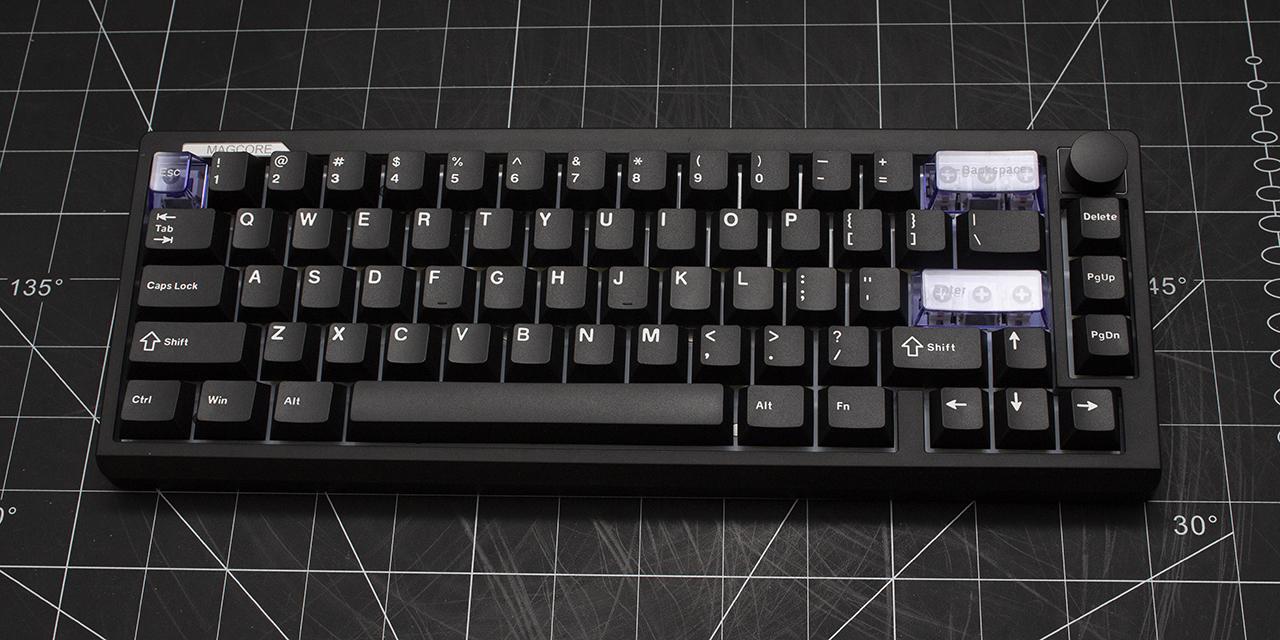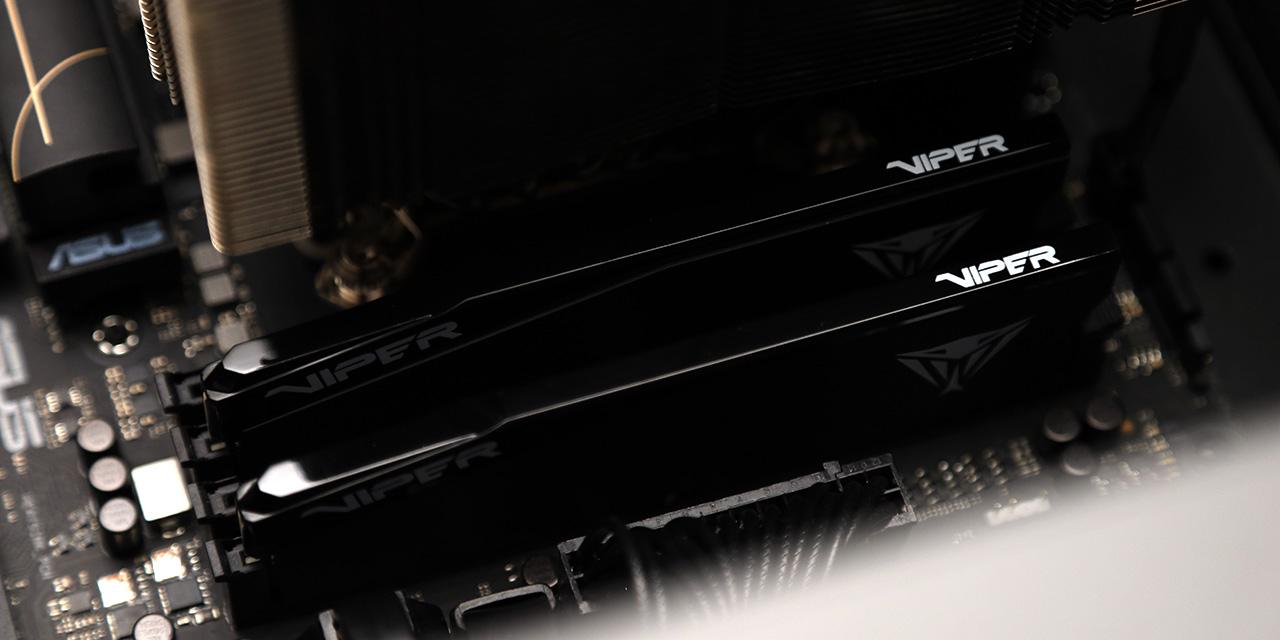|
From X-bit Labs: Apple, a maker of popular consumer electronic gadgets and one of the globe's largest consumer of chips, reportedly plans to order manufacturing of its next-generation A6 system-on-chips for mobile gadgets to Taiwan Semiconductor Manufacturing Company. Previously, Samsung Electronics landed orders for Apple's SoCs. Dan Heyler, a semiconductor analyst with Merrill Lynch in Taipei, Taiwan told the Commercial Times newspaper that TSMC would most likely be producing the A6 system-on-chip for Apple in 2012, reports Ars Technica web-site. The rumours about possible switch of Apple from Samsung to TSMC have been around for many months now and as they usually coming from different sources, they are most likely to be correct. The switch from one manufacturer to another is not surprising and keeping in mind massive ongoing legal battles between Apple and Samsung, the shift may be a strategic one. While Apple may easily switch contract manufacturer of its processors, especially given the fact that there are at least nine months before the first A6-based devices hit the market, it is not completely clear which advantages will the company get in the short term and which problems this may cause in the short- and mid- terms. In early 2012 the world's largest contract manufacturer of chips, TSMC, will have a lot of capacities for making chips using 40nm process technology as well as very limited ability to produce chips using various 28nm fabrication processes. The company's current-generation A5 is already made using 45nm manufacturing technology at Samsung, therefore, switching to TSMC's 40nm will hardly bring any cost or performance advantages. TSMC's 28nm fab process is not an option for Apple A6 due to capacity constraints as the company needs millions of chips to launch a product. Meanwhile, in early 2012 Samsung will be able to offer both 28nm and 32nm HKMG manufacturing processes and keeping in mind that the company does not have massive clients like AMD, Nvidia, Qualcomm and others, it may produce the right amount of chips. Given the fact that the popularity of various iOS devices (iPad, iPhone, iPod, etc.) is growing, it makes sense for Apple to ensure that several fabs can produce generally similar chips. Perhaps, even using different manufacturing processes. The outcome for Samsung is pretty clear: it may lose its biggest foundry customer. View: Article @ Source Site |
 |
Apple May Manufacture Its Next-Generation A6 SoC at TSMC
© Since 2005 APH Networks Inc. All trademarks mentioned are the property of their respective owners.





